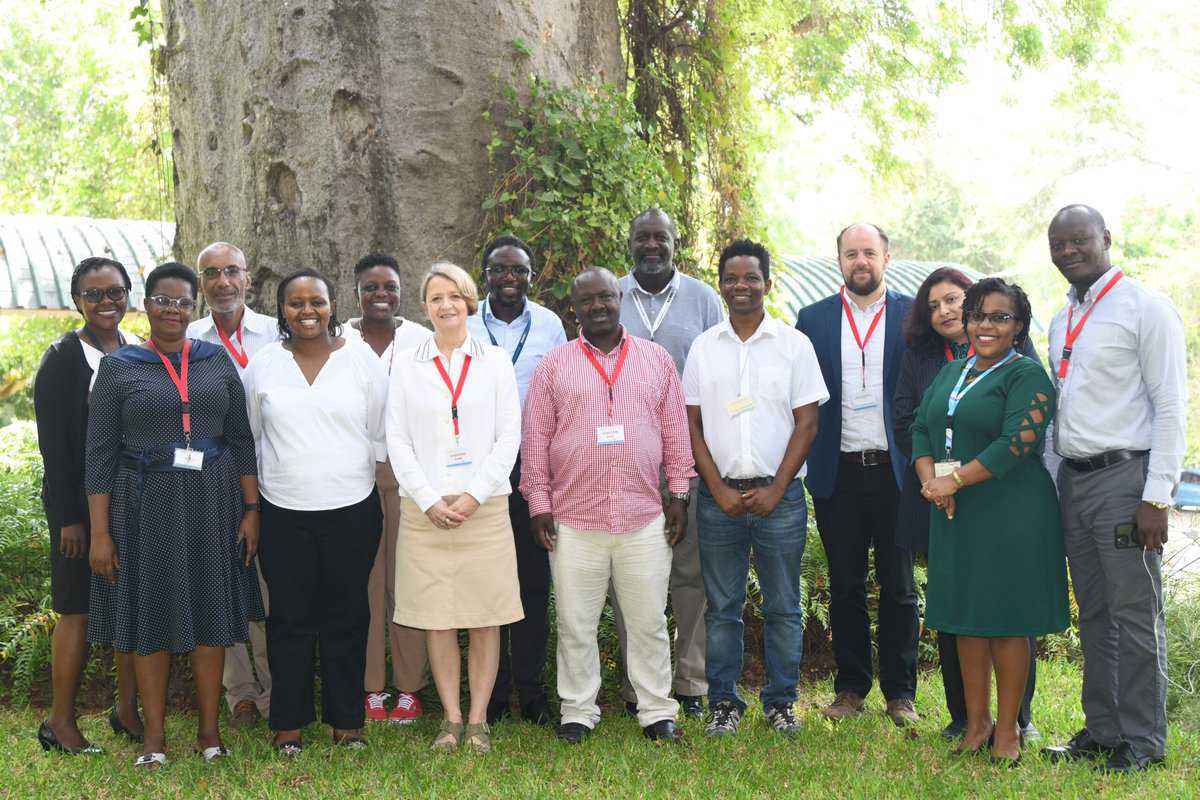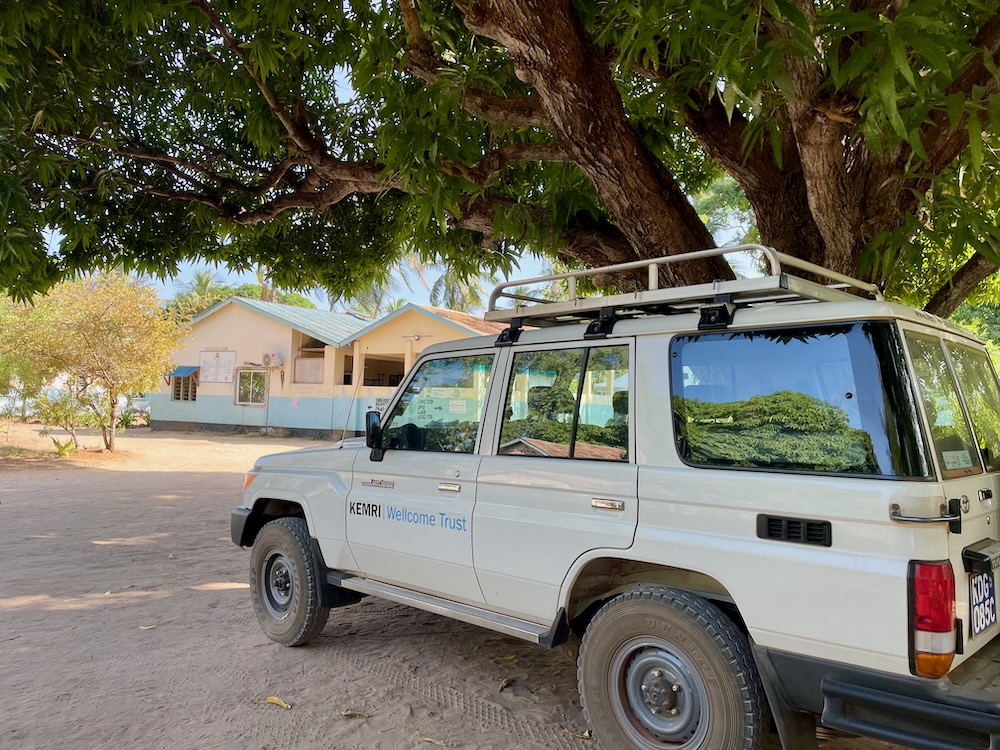
In February 2024, members of the UK-PHRST’s research team joined collaborators at the KEMRI-Wellcome Trust Research Programme in Kilifi, Kenya to launch a new research project: Rapid virus genomics for outbreak investigation (RaViG) - proof of principle in Coastal Kenya.
The project, a collaboration between the KEMRI Wellcome Trust Research Programme in Kilifi, Kenya (KWTRP), the UK-PHRST, the Kenya Ministry of Health and six coastal counties, will assess whether deploying portable whole genome sequencing in real-time during outbreaks is feasible, and if this provides added value to conventional outbreak response approaches.
This research is particularly important for the coastal Kenya region which has experienced recurrent outbreaks of viral diseases, including dengue, measles, norovirus, influenza, and COVID-19 in recent years. However, implementation of real-time portable sequencing during outbreaks would require substantial investment to sustain capacity, maintain trained staff and replenish time-limited consumables. Therefore, it is important to generate evidence on the added value, costs and feasibility of using real-time sequencing during outbreak response, and whether it improves our understanding of how outbreaks begin and spread in these communities.
To build the evidence base, the project team will co-ordinate with local rapid response teams to trial deploying a portable whole genome sequencing system alongside conventional outbreak responses to diseases of suspected or confirmed viral origin. The team will also engage with local and regional stakeholders to evaluateany added value of deploying portable sequencing resource.
Microbiology experts from the UK-PHRST will support and advise on setting up portable whole genome sequencing in the field during outbreak response, and UK-PHRST epidemiologists will providescientific evaluation and interpretation.
|
Prof. Gwenda Hughes, co-Principal Investigator, Deputy Director for Research from the UK-Public Health Rapid Support Team (UK-PHRST), and Professor of Epidemiology and Public Health at the London School of Hygiene & Tropical Medicine (LSHTM) said: “The UK Public Health Rapid Support Team (UK-PHRST) is delighted to be part of this exciting research collaboration between the KEMRI-Wellcome Trust Research Programme, Kenya Ministry of Health and county public health teams to assess whether using a portable whole genome sequencing system to uncover the genetic make-up of pathogens in real-time can strengthenoutbreak response in Kenya. “The UK-PHRST will support and advise on setting up portable sequencing in the field during outbreak response, scientific evaluation and interpretation. Ultimately, through co-creation and by taking a partner-led approach with our Kenyan colleagues, we aim to develop a framework for mobilising and using portable sequencing within the public health response system in Kenya.” |

The RaViG team at the launch event at KWTRP. The project is co-led by Dr George Githinji (fifth from right). Photo credit: KEMRI.

This research project is fully funded with UK aid by the UK Department of Health and Social Care via UK-PHRST research funds.